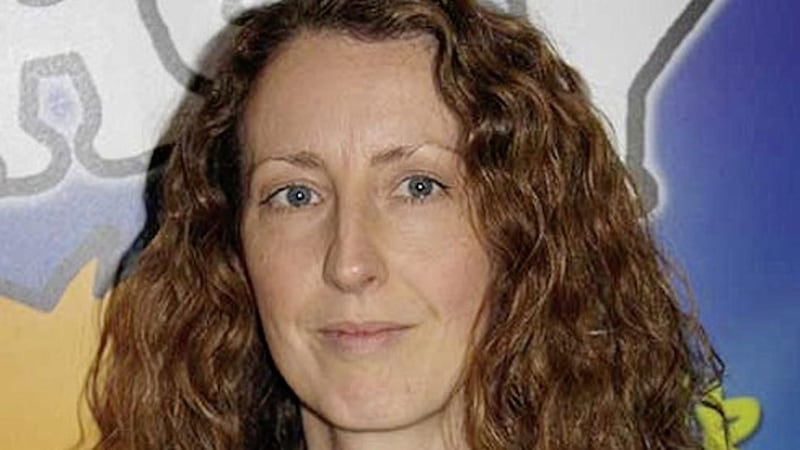DISABILITY discrimination has become institutionalised in the education system, assembly members have been warned.
Pupils are being unofficially excluded from schools while there is a "dearth of provision" to help disabled children access the curriculum.
The education committee yesterday heard evidence from the Children's Law Centre.
Members were told that poor decision making by the Education Authority (EA) had caused an upsurge in the number of parents contacting lawyers.
Rachel Hogan, a special educational needs and disability expert, said barriers were being put in the way of children.
Many were left feeling fearful and anxious "that just going to school in the morning is a huge, huge expedition".
A report by the Northern Ireland Audit Office last year called for an urgent overhaul of the system.
Expenditure over the last five years has totalled more than £1.3 billion.
There are more than 67,000 children with SEN in schools. The total has risen by about 30,000 in a decade and a half.
It is more than 13 years since the Department of Education began a review at a cost of nearly £3.6m. This is still not complete.
The head of the EA has previously apologised for "unacceptable" failings in the way the body supported pupils with special needs.
Ms Hogan told the committee that in 2013, the centre had 384 contacts about SEN issues. Prior to the EA's creation in 2015, this rose to 580. By 2019, after the EA had been established for several years, it jumped to 1,624.
There has also been an "incredible increase" in the number of appeals by parents. They can seek a tribunal where they believe the EA is not dealing with their child's needs appropriately.
There were 145 appeals in 2015/16, of which only four were dismissed. By 2018/19, this rose to 378, with 11 dismissed.
"In over 97 per cent of cases, parents have obtained a successful outcome for their appeal and that indicates that there's poor first instance decision making that is not evidence based," Ms Hogan said.
"We feel that needs addressed urgently because it shows that statutory assessment decisions in particular and decisions around specification and content of statements are not being carried out in a lawful way."
Confidence in the EA, she added, was a critical issue.
"The reports that we have had over the last couple of years that have been critical of the Education Authority have really recorded formally what parents have been telling us for years. We look at those reports from the children's commissioner, the audit office and the Public Accounts Committee and you stand back and actually look at what they say - it is astounding the level of operational deficiency that we have allowed to continue in Northern Ireland," she said.
"Not only that, but the impact that has had on the legal rights of children. We have robust legal rights here, and there's just non-compliance with those rights. We need that to be fixed urgently.
"The Education Authority has put its hands up and acknowledged the deficiencies and has expressed a will to change its system. It is absolutely critical that the Education Authority receives every support to do this effectively."
Disability discrimination, Ms Hogan added, had become "institutionalised".
She revealed that the Children's Law Centre had received a `disability discrimination declaration' against the EA in relation to a failure to carry out a statutory assessment for a child who was on an extremely reduced part-time timetable for a prolonged period.
Children were being sent home from school early, she added, saying that sometimes the EA was complicit in this.
"While parents have a legal duty to make sure their children access full-time suitable education, our state authorities are sending children home on part-time timetables and there's something wrong with that because it is informal exclusion, there's no regulation around it and it's not monitored," she said.
"We have children going home early, children being excluded from the school play, the school trip, the school photograph. We have children who are so anxious that they can't put their school uniform on, they can't get into the car, they can't get out of the car and they've great difficulty going in the front door to school.
"We have to ask ourselves what is it that's wrong with our educational environment that put such barriers in the way of disabled children that they feel so unsupported, so fearful and so anxious that just going to school in the morning is a huge, huge expedition."








